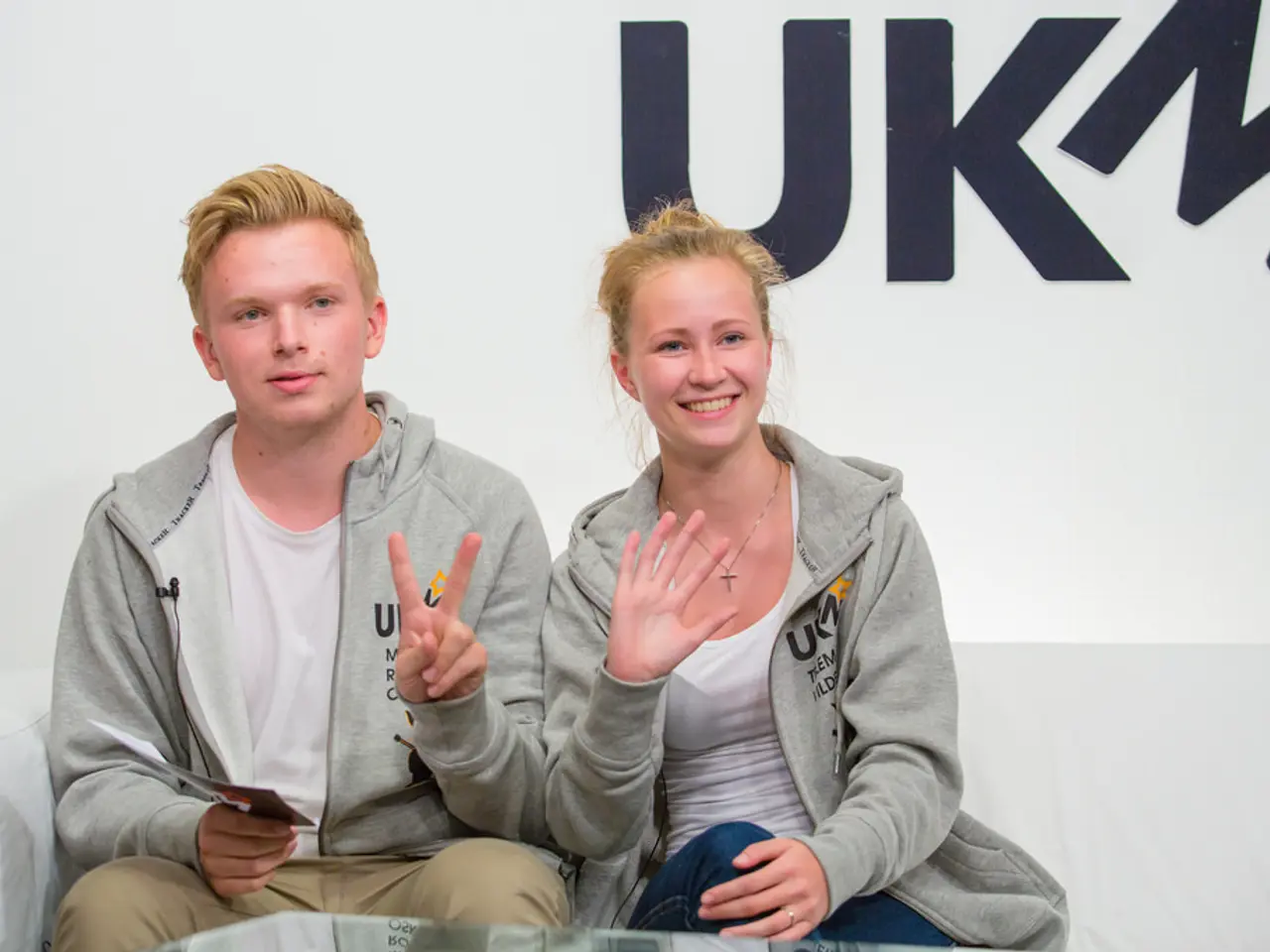In this scenario, family reunification for British citizens prospects appear to be encumbered more than for refugees.
The UK's refugee family reunification rules have come under scrutiny in recent times, with critics arguing that they create a double standard between British citizens and newly recognised refugees.
One of the main points of contention is the financial requirements for bringing family members to the UK. British citizens must demonstrate a minimum annual income of £29,000 to bring a non-British spouse or partner into the country, while refugees granted in the UK can immediately apply to bring their spouses and children without any waiting period and without meeting any financial requirements.
Similarly, relatives of refugees arriving under the refugee family reunification route are not required to prove they can support themselves without accessing universal credit or housing benefits, unlike the relatives of British citizens.
Another difference lies in the English language requirement. While British citizens must show that their partner can speak English, no such requirement exists for relatives arriving under the refugee family reunification route.
The Afghan citizens' resettlement scheme, one of the most generous in the UK's history, is prioritising women, girls, and minorities, with thousands of them set to be welcomed to the UK under this resettlement scheme. In response to criticism, the British government has announced plans to lower the financial requirement for refugee family reunification and introduce measures to make the process faster and less restrictive.
The government defends the refugee reunification rules as part of Britain's international humanitarian obligations. However, critics argue that these rules effectively discriminate against lower-income citizens, preventing them from living with their families, while newly granted refugees face none of the same barriers.
The UK's immigration system is also under scrutiny for being tougher for British citizens to bring in foreign spouses and relatives compared to newly recognised refugees. No financial or accommodation tests are required for family reunification for refugees in the UK, a fact that further highlights the discrepancy between the two processes.
Pressure is mounting for reforms to address this perceived double standard. As the debate continues, it is clear that the UK's refugee family reunification rules will remain a topic of discussion and potential change in the near future.
Read also:
- United States tariffs pose a threat to India, necessitating the recruitment of adept negotiators or strategists, similar to those who had influenced Trump's decisions.
- Weekly happenings in the German Federal Parliament (Bundestag)
- Southwest region's most popular posts, accompanied by an inquiry:
- Discussion between Putin and Trump in Alaska could potentially overshadow Ukraine's concerns








